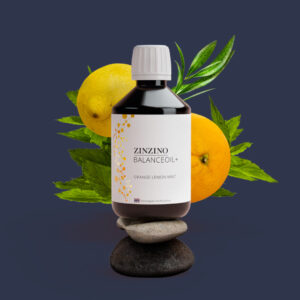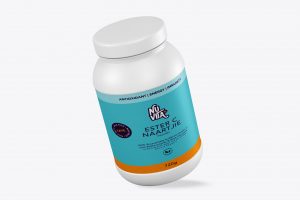
How healthy is fruit juice? Are juice and obesity-linked? If you’ve wondered if juice is a healthy option for you and your family, we report on a recent study with surprising findings.
Often when it comes to a healthy diet, the nutrients we consume through liquids get overlooked. Are fruit juices really healthy alternatives to just eating fruit?
Most people feel virtuous having some pasteurized juice from a box with breakfast. You most likely have learned along the way that drinking juice is a healthy alternative to any sodas. Nutritional regulating bodies consider it a healthy serving of fruit. But drinking juice (like those other beverages favoured by people) can cause an abundance of problems. Both [soda and juice] are going to promote equal weight gain,” says Kimber Stanhope of the University of California, Davis.
A glass of fruit juice typically contains more calories than a glass of soda. Eight ounces of Pepsi has 100 calories, versus 152 calories in an equivalent serving of bought grape juice and 112 in a cup of orange juice. Even worse, perhaps, is the fact that drinking lots of juice ups the risk of diabetes and heart disease because juice contains simple fructose, which the liver converts to fat more readily than it converts sucrose.
Unlike whole fruit (or even unfiltered freshly squeezed juice, for that matter), which breaks down slowly in the body because it contains fiber as well as juice, the pasteurised, purified, strained commercial juice option goes straight to the liver where the overload converts right to fat. Plus, the concentration of fructose in juice far outweighs the amount in a piece of fruit. A single glass of apple juice, for instance, has as much fructose as six apples. That’s a whole lot of sugar to consume at once.
Like me, when you were a kid, we didn’t have the same access to studies as we do today. This is where it all started. Studies have found that drinking 12 or more ounces of fruit juice daily leads to a number of problems. First, in some cases, juice and obesity are linked. A study in 1997 found that kids who drank more than 12 ounces of juice a day had a 3.5 times greater risk of being obese, compared to kids who drank little or no juice. And a 2006 study found that overweight kids who drank an extra glass of juice daily gained an extra pound each year. As if it isn’t bad enough, that juice can make kids fat. Other studies have found it can make them short as well. Plus, studies have found that kids who drink lots of juice have a higher incidence of hyperactivity.
So should you avoid fruit juice?
No, because not all juice is created equal. There’s a universe of difference between a bottle of commercial juice and juice you squeeze yourself. Within minutes of juicing, many of the nutrients and enzymes start to break down, rendering the benefits far less potent. We say the juice has begun to oxidise after 20 minutes of juicing the fruit. By the time bottled juice gets to your mouth, particularly if it’s been processed, it’s a mere shadow of its original self. Freshly squeezed juice is packed with nutrients. Though it’s rich in sugar, it’s also rich in vitamins, antioxidants, minerals, living enzymes, and an assortment of phytochemicals that your body easily assimilates. It also should be noted that there’s actually a whole lot more fiber/pulp in freshly squeezed juices than in the commercial varieties sitting on your grocer’s shelves. Grape juice in particular — prevents plaque from forming on artery walls when consumed with high-fat foods. This means that juice provides significant cardiovascular advantages that whole fresh fruit alone does not provide.
Keep in mind that unlike fresh juices, many packaged juices contain added sugars. Many have been made from reconstituted concentrate, which means even less vitamin content and more chance of mystery ingredients. Also, if the juice isn’t organic, it can pack a pesticide toxic load while being led to believe it is healthy.
Due to these factors, it is wise to take note of how sugary fruit juice is and to regulate its consumption of it. To reap the benefits, just add 50 percent water to the juice to dilute the sugar content, and always, always extract or squeeze your own from fresh, organic fruits and then drink it right away.
Also, consider the type of juice: the vitamin and nutrient content varies considerably from one type of juice to another. For instance, blueberry and grape juices contain over 200 percent more antioxidant phenols than apple juice. Yet apple juice has far more antioxidant content than orange or pineapple juices, not to mention its malic acid content that helps soften kidney and gallstones. But fresh pineapple juice is high in the enzyme bromelain, which breaks down rogue proteins and reduces inflammation. Each juice provides its own unique set of benefits which we use in this course. Then again, try out switching to a combination of juicing vegetables, which provide a nutrient punch without delivering the sugar overload (although carrot juice contains plenty of sugar).
So, despite some reports, fasting one day a week on fresh diluted juices is still one of the healthiest things you can do for your body. Add in a three day juice fast once a month and two-four one-week juice fasts a year, and you have the makings of a remarkable optimal health cleaning program.









